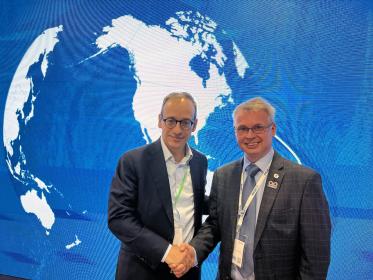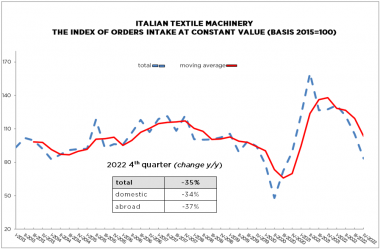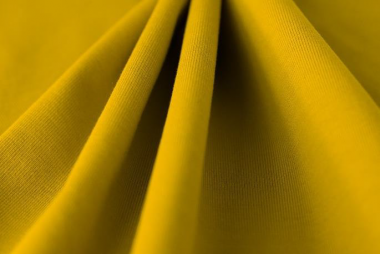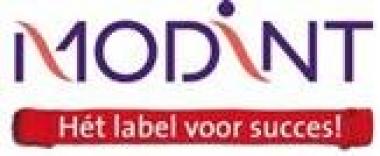BTMA joins ITMF
The British Textile Machinery Association (BTMA) has joined the Zurich-headquartered International Textile Manufacturers Federation (ITMF) – revitalising a historic connection and reflecting an increased push to expand the international reach of UK companies.
The announcement was made at the ITMA 2023 textile machinery exhibition in Milan from June 8-14.
“We are pleased to welcome the BTMA as our latest association member and look forward to a long and fruitful partnership going forward,” said ITMF Director General Dr Christian Schindler. “The ITMF was actually headquartered in Manchester in the UK up until the 1960s, so we share long-standing roots. Today, ITMF members are from across the entire textile supply chain which enables them to gain a better understanding of the full complexity and dynamics of the industry and to fully respond to the opportunities and challenges it faces.”
BTMA British Textile Machinery Association ITMF International Textile Manufacturers Federation ITMA 2023
BTMA - British Textile Machinery Association



















